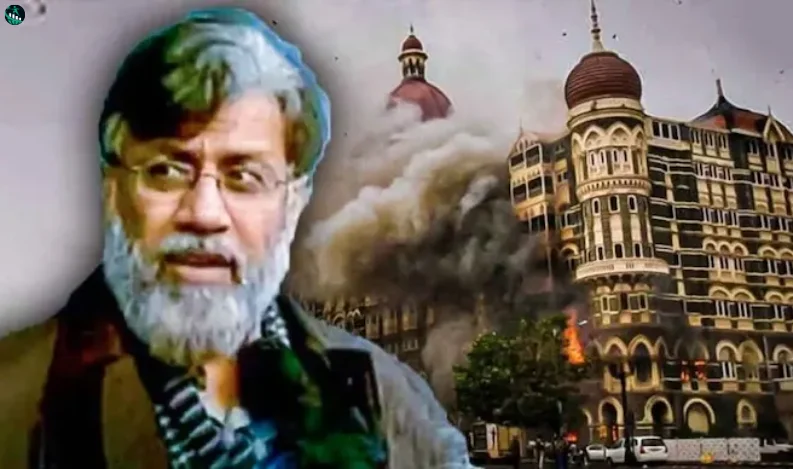
26/11 Accused Tahawwur Rana Seeks Final Legal Recourse to Avoid Extradition to India
Tahawwur Rana, accused of involvement in the 2008 Mumbai terror attacks, has made a last-ditch effort to block his extradition to India. His attorney has petitioned the US Supreme Court, citing the principle of double jeopardy, which prevents an individual from being tried or punished twice for the same offense.
India's Extradition Request and Legal Proceedings
India is seeking the extradition of Rana, a Canadian national of Pakistani origin, for his alleged role in the 26/11 Mumbai attacks that claimed 166 lives, including six Americans. He is also known to have close ties with David Coleman Headley, one of the main conspirators behind the attacks.
Rana’s legal battle has spanned multiple federal courts, including the US Court of Appeals for the Ninth Circuit, where he failed to secure a favorable ruling. His current petition, filed on November 13, 2024, marks his final attempt to avoid extradition.
The Argument for Double Jeopardy
Rana's counsel, Joshua L. Dratel, argues that the principle of double jeopardy under the US-India extradition treaty applies in his case. Rana was previously tried and acquitted in the Northern District of Illinois on charges related to the same conduct India seeks to prosecute. According to Dratel, extraditing Rana would violate this principle.
US Government's Opposition
US Solicitor General Elizabeth B. Prelogar has countered these claims, arguing that not all conduct for which India seeks extradition was covered in Rana's earlier trial. For instance, India has brought forgery charges based on his submission of false information to open a branch office of the Immigration Law Center in India—an allegation not addressed in the US case.
A Decision Awaits
The Supreme Court has scheduled a conference for January 17 to deliberate on whether to grant Rana’s writ. If denied, Rana will likely face extradition to India, where he is expected to stand trial for his alleged involvement in the attacks.
Background on the 26/11 Mumbai Attacks
The 2008 attacks saw 10 Pakistani terrorists carry out a coordinated siege on key locations in Mumbai, including the Taj Mahal Palace Hotel, Chhatrapati Shivaji Terminus, and the Oberoi Trident Hotel. The horrific events, lasting over 60 hours, underscored the grave threat of cross-border terrorism.
As Rana awaits the Supreme Court’s decision, the case highlights the complex interplay of international law, extradition treaties, and justice for one of the deadliest terror attacks in recent history.



Recent Comments: